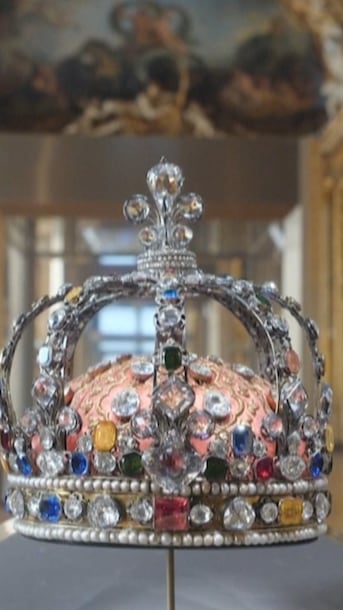Early on Sunday morning, thieves broke into the Louvre, one of the most famous art institutions in the world. Entering the ornate Apollo gallery, they grabbed the remains of the French crown jewels – items that, as of Tuesday, were valued at 88 million euros, or C$143 million, according to Paris prosecutor Laura Becquo.
In the hours and days that followed, the brazen daylight theft, dubbed the “robbery of the century” by several newspapers, dominated headlines around the world. But domestically, the crime not only directly affected the legendary museum, but also escalated into a blame game.
Reactions ranged from declaring the robbery an attack on French identity to accusations of lax museum security and a wake-up call for museums around the world.
And this despite the fact that the robbery is far from the only such crime in recent years: a treasure trove of expensive porcelain was stolen from the Adrian Dubush Museum. in September 2025That same month, gold nuggets were seized from the National Museum of Natural History in Paris.
In November 2024, 18th-century snuff boxes were stolen from the Cognac-Dje Museum. The next day, the thieves shot, cut through armored glass with chainsaws, and then made off with gold and ivory figurines. Museum of Hieron in Paray-le-Monial.
Christopher Marinello, founder of Art Recovery International, an organization that specializes in recovering stolen art, said most museums complain they don't have enough security resources. But the robbery, which took place at the museum known as the Louvre, he said, sends a uniquely powerful message.
“The Louvre is one of the best-funded museums in the world,” he told Reuters. “And if they are hit, every museum will be vulnerable.”
Politicians use robberies to advance their agenda
This turned the crime into both a political hot potato and a window of opportunity for various branches of government and political factions.
Opposition politicians seized the opportunity, calling the theft a national humiliation at a time when the country was already in a deep political crisis. The French government has seen five consecutive prime ministers resign in just a few years, and the country's credit rating was downgraded by S&P just days ago due to perceived political instability.
Far-right MEP Marion Marechal called France “the laughingstock of the world”. shortly after the robbery. She called on Culture Minister Rachida Dati to demand the resignation of the museum director and head of security.
Jordan Bardella, leader of the far-right National Rally party, called the robbery “an unbearable humiliation for our country” given that the Louvre is a global symbol of French culture.
“How far will the collapse of the state go?” He wrote on X.
Senator Nathalie Goulet told the BBC about this. Today The program is that it will not go as far as Bardella, but that the high-profile theft is indeed a “nail in the coffin” when it comes to public perception of the French government and the deterioration of the state.
In a brazen daytime heist, thieves used a crane to break into the Louvre Museum in Paris and steal priceless jewels before escaping on motorbikes.
In response, Duthie oscillated between blaming mismanagement by museum management and emphasizing the effectiveness of the museum's security systems.
“Responsibility lies with 40 years of neglect, years of sweeping dust under the carpet,” she told broadcaster M6 on Monday after an emergency meeting with Interior Minister Laurent Nunes in which they agreed to investigate what went wrong and tighten security at cultural institutions across France.
“Has anyone questioned the security measures of these cultural institutions? I don't think so. Likewise, we have never questioned the protection of the works of art themselves. Safety has always been focused on the public, and even more so on the works of art.”
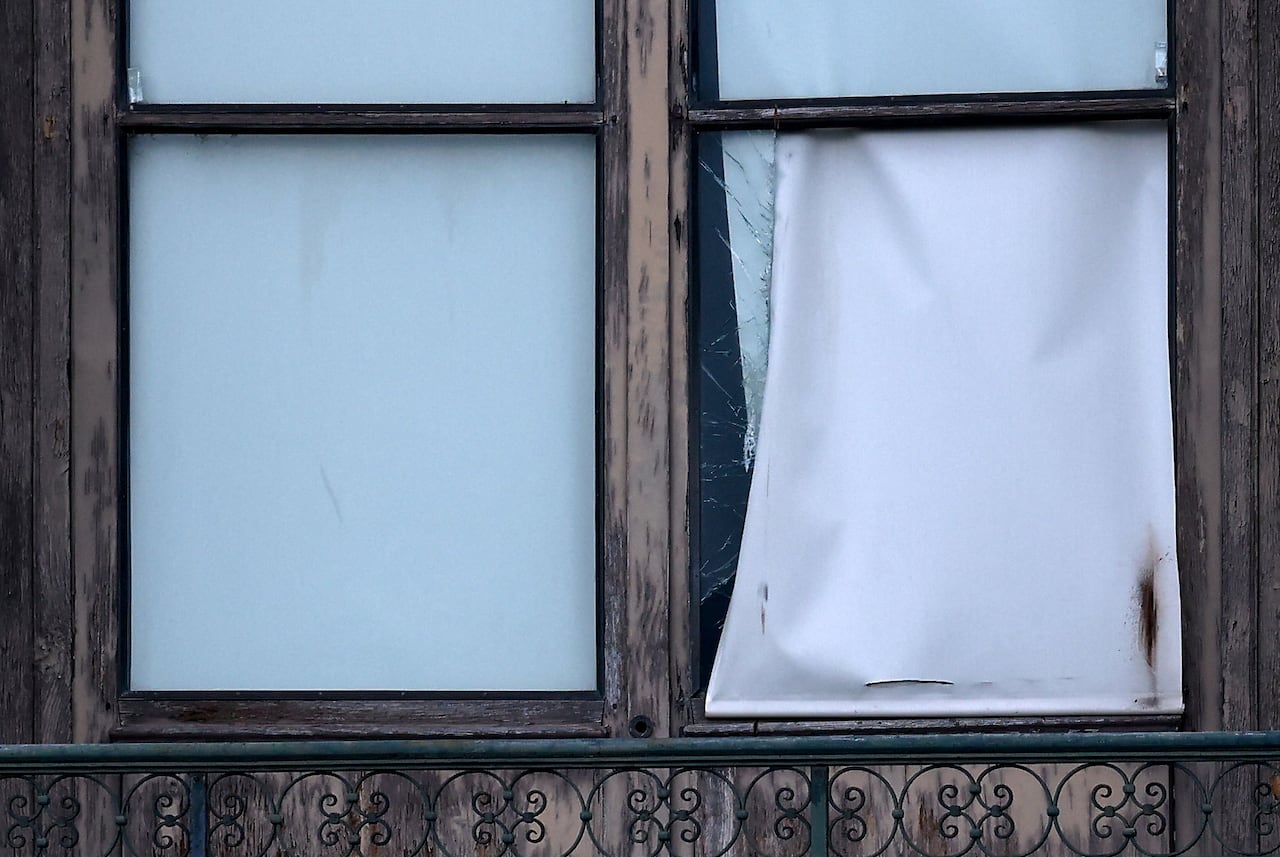
At the same time, questions have arisen about how secure the Louvre's security actually is – and, in particular, whether CCTV cameras could have malfunctioned, allowing the daring robbery to take place in broad daylight. But addressing lawmakers at the National Assembly on Tuesday, Duthie dismissed that theory.
“The Louvre security apparatus did not fail, that’s a fact,” she said. “The Louvre security apparatus has gone off.”
Earlier on Monday, Nunez, the interior minister, confirmed that the museum's alarm went off when a window of the Apollo Gallery was forced open.
Employees complained of overwork and mismanagement.
But safety issues and employee complaints about how they are managed are nothing new. In a sign of continued frustration, staff booed director Laurent de Cars at a meeting after the robbery.
Museum workers had already complained about overwork and the inadequacy of staff to the number of visitors, and in mid-June they went out in protest. “unbearable” working conditions.
The wildcat strike coincided with ongoing calls for modernization and improved security. In 1998, then-director Pierre Rosenberg warned that Museum security was 'fragile' after a painting by Camille Corot was stolen in broad daylight.
When the current director took over in 2021, a new safety audit was commissioned. Earlier this week, Duthie stressed that the Louvre's “New Renaissance” plan was already underway and would include new security features.
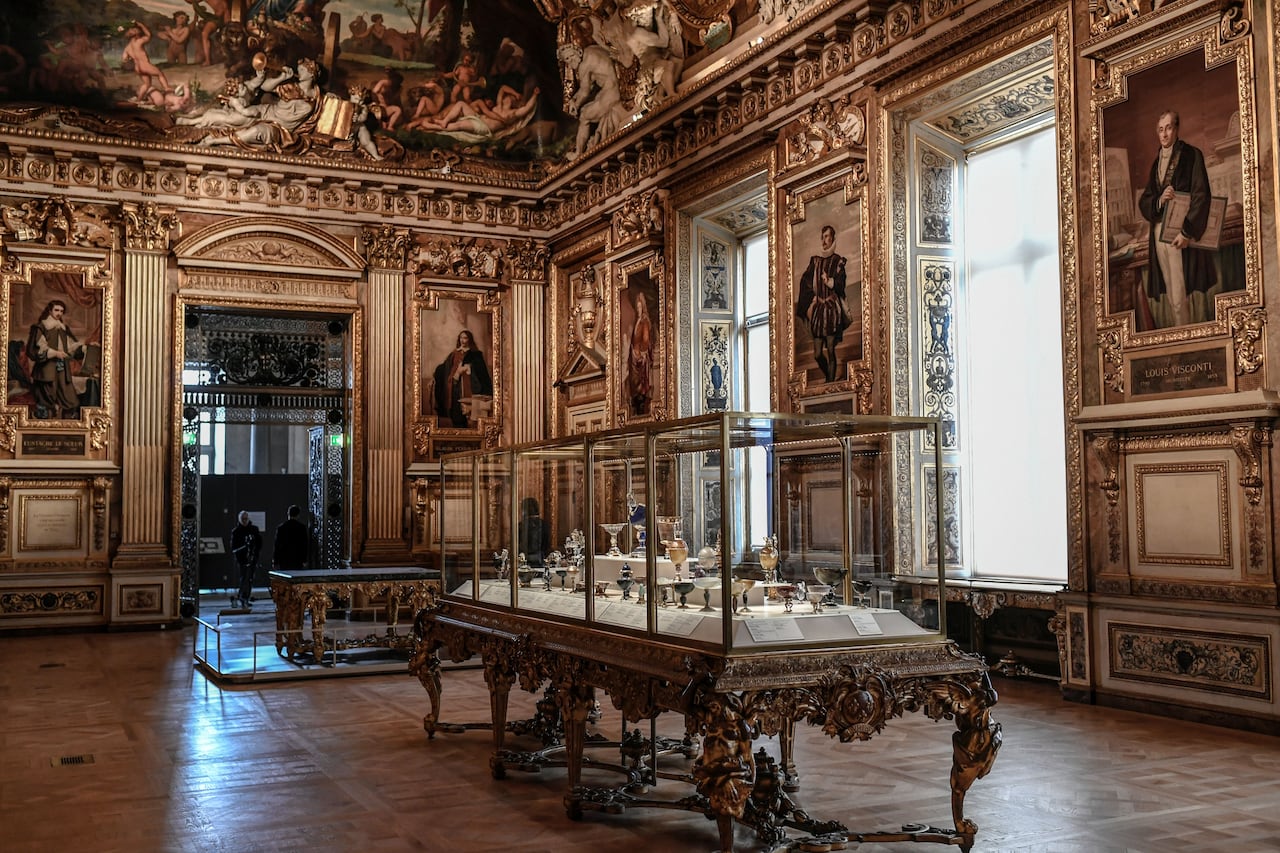
Announced earlier this year, a major six-year restoration project will expand the museum's capacity to 12 million visitors a year and solve the museum's overcrowding problem, France said. President Emmanuel Macron said.
Although the museum now welcomes around nine million visitors a year, modernization in the 1980s increased its capacity to just four million. The cost of the new modernization is estimated at hundreds of millions of dollars.
However, for some, the proposed updates seem too little, too late.
“This robbery occurred several months after museum staff warned of security shortcomings,” said Paris Deputy Mayor David Belliard. wrote on X.
“Why were they ignored by the museum management and the ministry?”
Paris prosecutor Laure Becquo, who is overseeing the investigation, said Tuesday that about 100 investigators are currently involved in the search for the suspects and the gems.
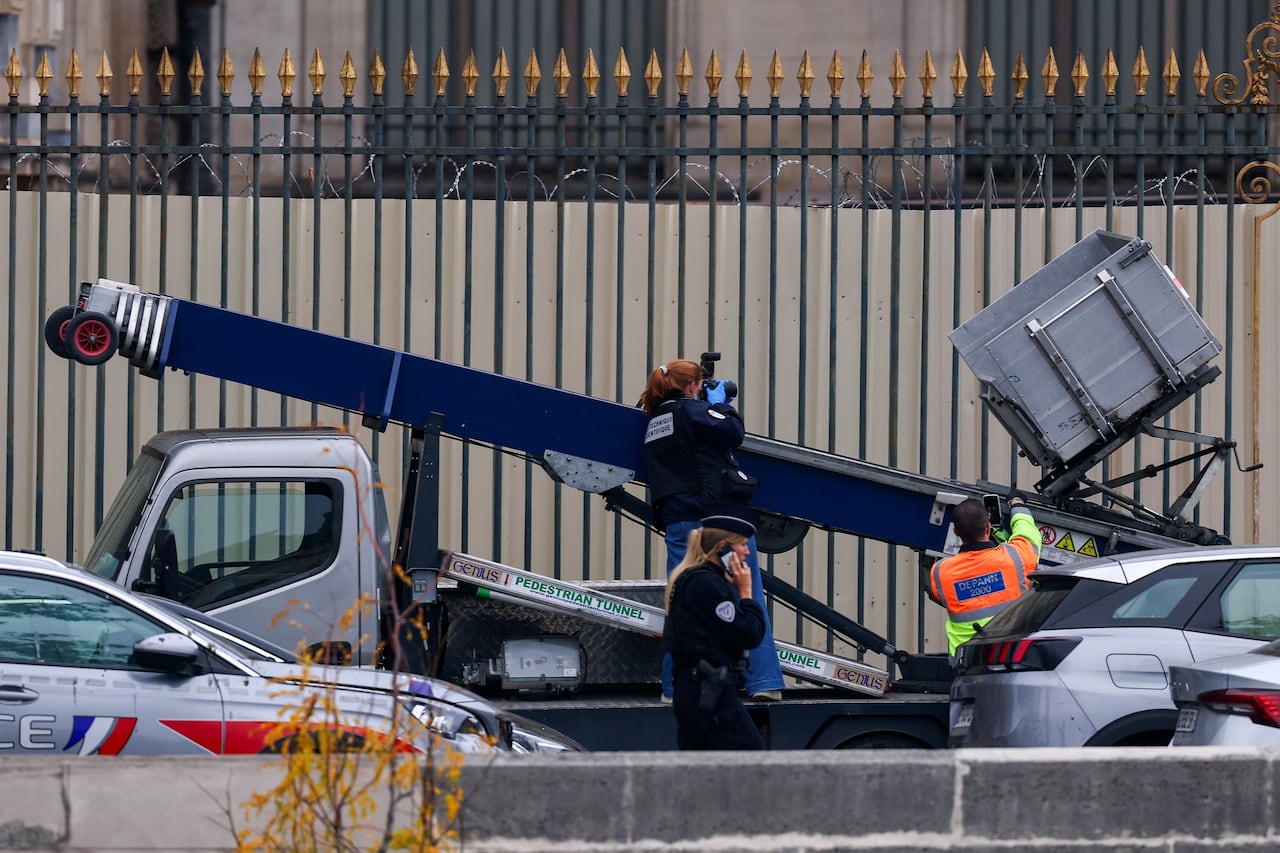
She said they could “maybe hope” the thieves would keep the jewelry instead of taking it apart and selling it.
Meanwhile, the fact that the Crown Jewels—symbols of the French state and a key part of the country's history—had been stolen added insult to injury.
Art restoration expert Arthur Brand told CNN that the historical importance of the items made the crime a “national disaster” for the country.
“These are the crown jewels of Napoleon, his wife and his successors. So this is the natural pride of France.” He said. “It's a big loss.”
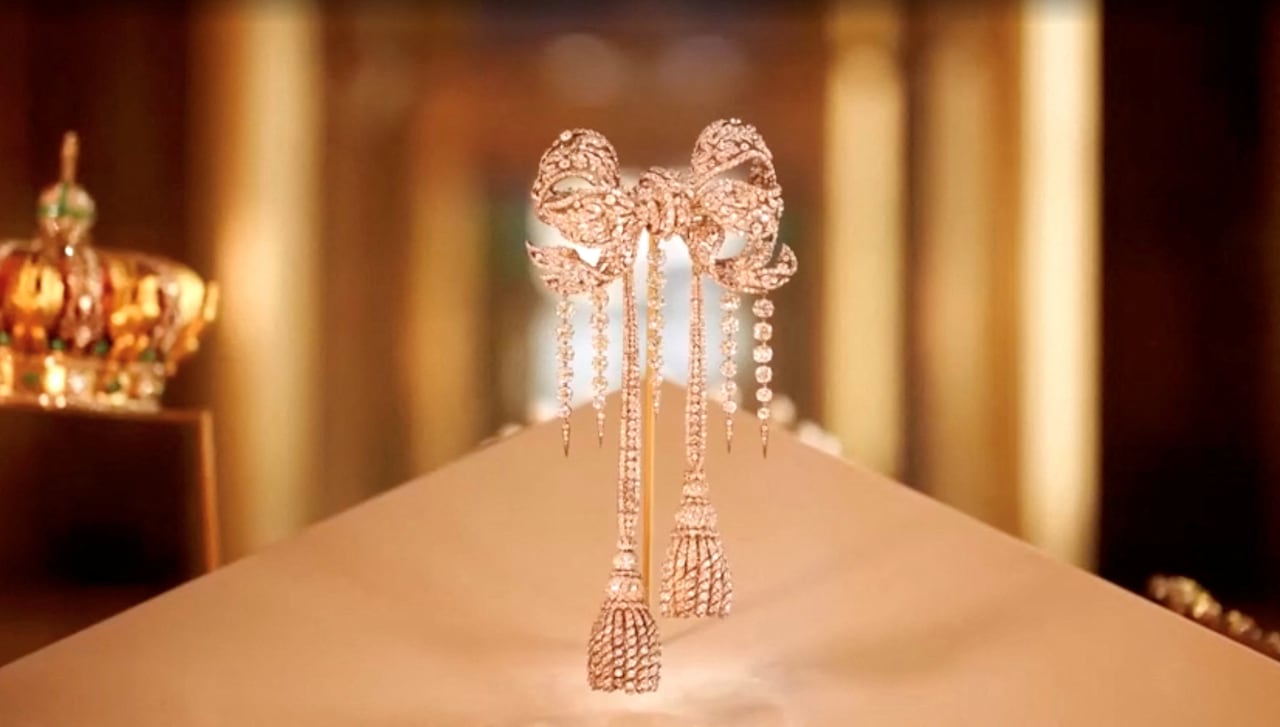
By Elaine Sciolino, who wrote Adventures in the Louvre: How to fall in love with the world's greatest museum, agreed.
“This attack really is a dagger into the heart of France and French history,” she told the BBC Today programme. “An attack in this extraordinary space really goes to the heart: what is the identity of the country?”


